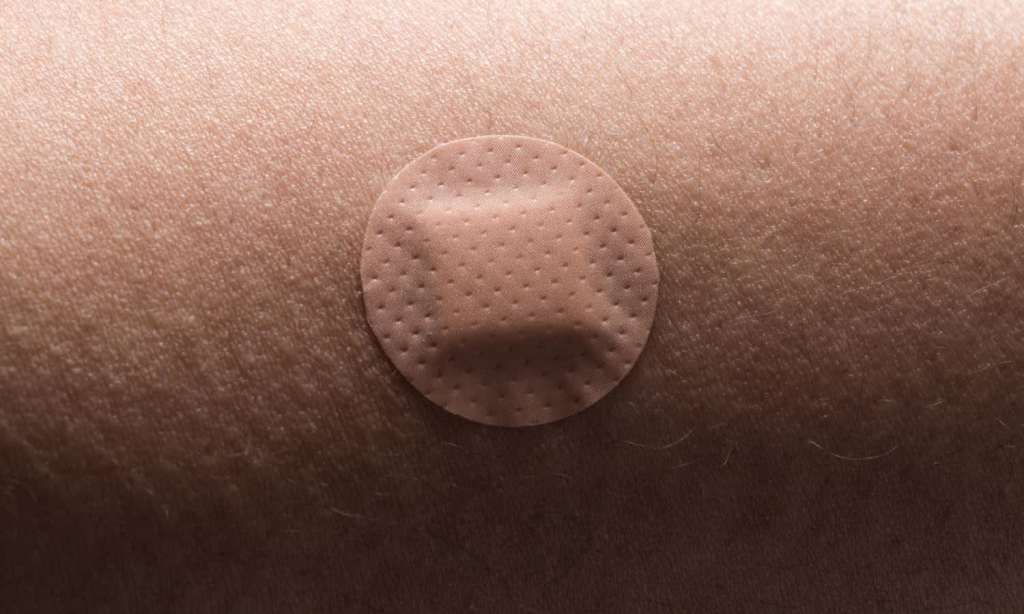Booster doses of COVID-19 vaccines have been available to the general public since November 2021. Since then, some 10 million doses have been administered, covering a little under half of the over 18 population.
While those numbers are impressive, they’re not nearly as high as they need to be if we are to stave off further waves of the virus.
Granted, not everyone is eligible for the booster shot, owing mainly to the chaos around government rollout of the initial vaccines, but Australia is still around a month behind the ideal schedule for booster jabs.
The Guardian reported last month that only 60% of those eligible for their booster jab have actually received one. While the number of doses administered has increased in the past few weeks, so too has the number eligible, meaning we are likely still seeing large portions of the population who can get a booster go without.
There is some concern that people in this demographic view the booster as unnecessary if they’ve had two doses. Vaccine immunity is known to wane after six months, but this doesn’t mean you should wait that long to top it up.
We could also be seeing a large number of people who had COVID during the recent Omicron wave over Christmas who aren’t planning to get the booster because they believe their immunity will be topped up post-infection. While this is true, getting a booster 4-6 weeks after recovering from COVID is still recommended.
It could also simply be the hassle of booking a booster that appears like a low-priority task to most people giving us these lower figures.
Whatever the reason, doctors have stressed the importance of the booster once again and are reminding people that you still need that third jab in order to keep your immunity strong.
Deakin University epidemiology chair Catherine Bennett told the ABC that people need to understand just how effective a booster is.
“It’s the booster dose that really protects against symptomatic infection from Omicron in a way the primary course didn’t,” she says. “Not only does it reinvigorate your immune response, but it’s a different kind of immune response and one we’re seeing is more sustained.
New data backs this up, with information published in the Herald Sun showing that double-jabbed people with COVID were more than seven times more likely to need ICU treatment for the virus than those with three doses.
Victoria’s Deputy chief health officer Professor Dan O’Brien said that double-jabbed people “significantly” lose their protection from COVID three months after their second jab.
“I just really would love people to really get that concept of the third dose,” he said. “It’s not just a sort of added window dressing — it’s actually really important and I think those figures really emphasise that.”
Lieutenant-General John Frewen, head of the country’s vaccine rollout, announced today that 17 million Australian’s are now eligible for a booster, meaning we need a lot more people to tick that item off their to-do list.
“Another 144,000 people came through the doors yesterday. The uptake is really good, but we have a way to go still,” he told the Seven Network today. “It has never been more convenient to get a vaccine and there is good choice across the range of vaccines.”
This comes as Australia is now officially using the Novavax vaccine as a booster jab from today. This fourth option, alongside Pfizer, Moderna, and AstraZeneca, should mean greater availability and options for those who might have issues with other vaccines.
Australia also recently opened up the rollout to those between the ages of 16 and 17, meaning there should be much more vaccine coverage soon.
Still, if you have yet to get your booster, and you’re eligible, take this as your reminder to book that appointment and top up your immunity while you’re thinking about it.
Read more stories from The Latch and subscribe to our email newsletter.

